It’s not often you will need to use a percentile die or roll a d100 when playing Dungeons and Dragons, but we can guarantee that every time you do, there will be some comment or argument over how to interpret the roll, and it can really grind the session to halt.
To avoid any misunderstandings at your next session, or so you know as you begin to enjoy the hobby, we’ve put together this guide explaining how to roll and interpret a d100 in Dungeon and Dragons.
Related: Dungeons & Dragons: Starting Tips For New Dungeon Masters
Methods to Roll a d100 in Dungeons & Dragons
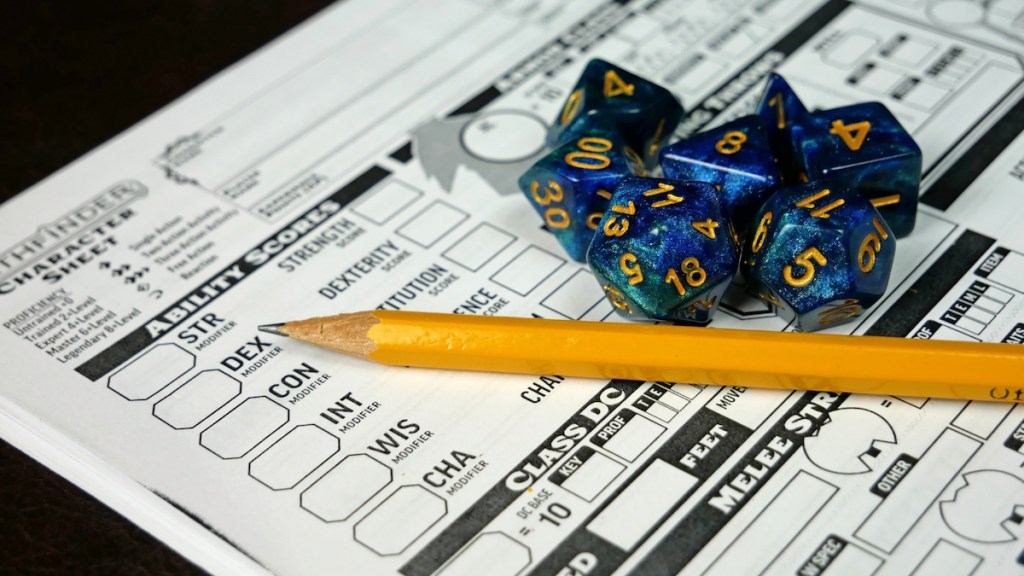
There are a few ways you can go about rolling a d100, but we will be showing you two methods that are pretty easy to use and can be done even if you only have one set of dice. Though it is D&D, we imagine you have more than one naturally.
Using 2d10
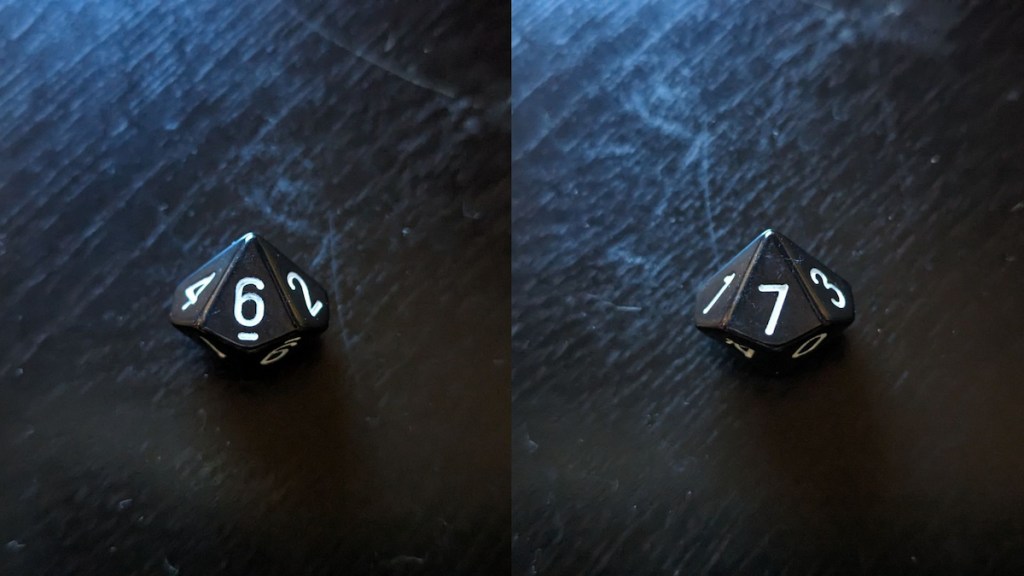
First, we have the 2d10 method. For this method, you will roll a d10 twice, one after another, with the first roll being the ten and the second being the single digit. For example, in the image above, I rolled a 6 on my first roll and a 7 on the second, so I rolled a 67.
You can also do this by rolling them at the same time with them being different colors, and state which color is the ten and the single digit. For example, you could roll a blue die as the ten, which is 1 (meaning it’s 10), and a black die as the single, which is 7, so I rolled a 17.
Rolling a d10 and Percentile Die
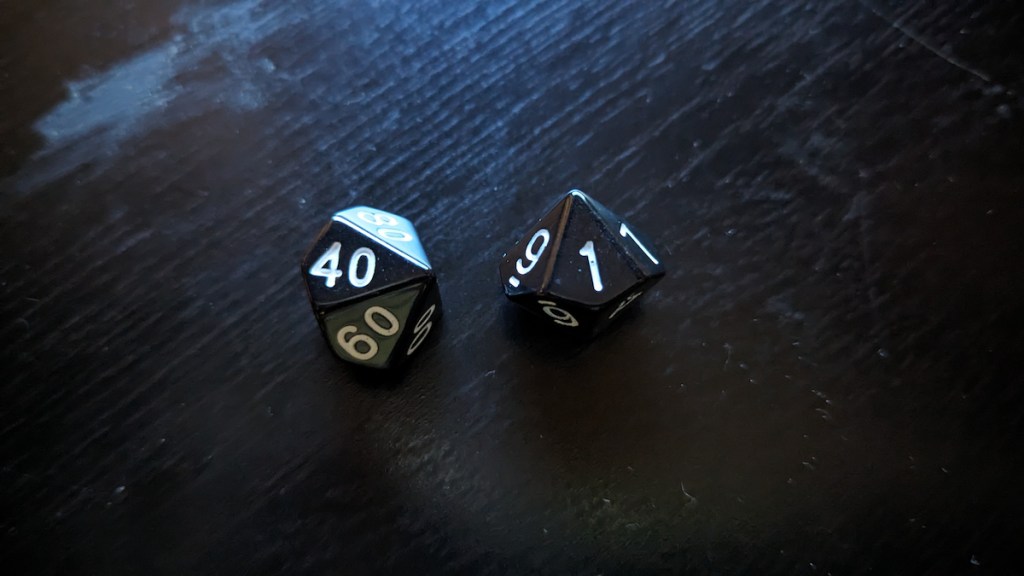
The other method we will show you is probably the one you have seen used the most in D&D and involves using a percentile die, which is the one with two-digit numbers on it going up in 10s.
For this method, you will roll a percentile die and one d10 together, with the percentile being the tens and the d10 being the single digit. So, for example, in the image above, I rolled a 40 and a 1, so my total will be 41. Make sure you always count the double-digit die first in this method.
What to do with all 0’s
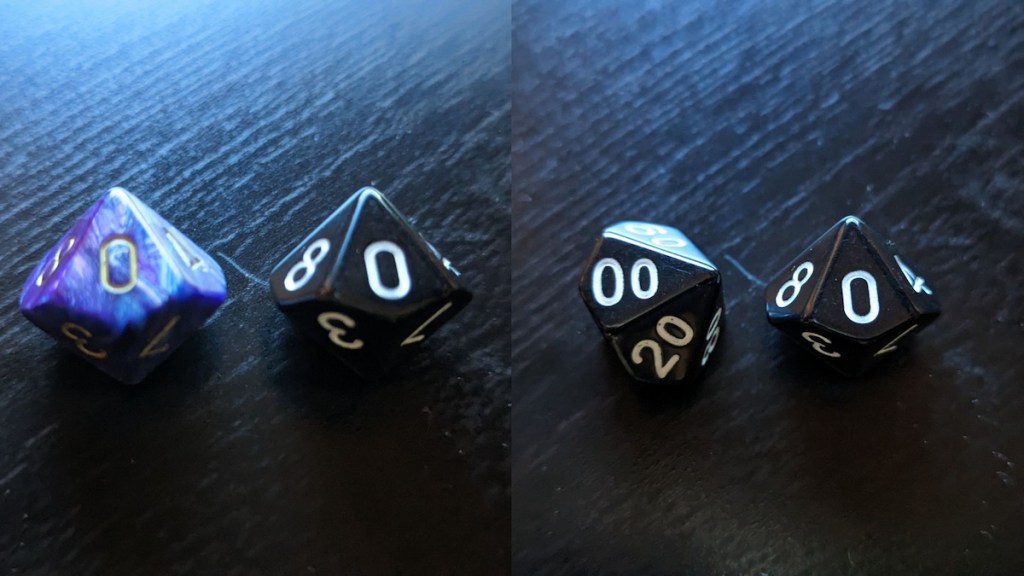
Now, you might wonder what happens if you roll and get all 0’s. How does that work? What does that add up to? Well, there is a pretty simple trick that works for both methods.
When rolling both of these methods, the 0 is treated as a 0 and doesn’t add anything to your total, so rolling a 70 and a 0 would mean you rolled 70, as the 0 is adding nothing because, well, it’s 0.
If you rolled a double 0 and then a 7, it wouldn’t be 007 or 700; it would be 7, since the 00 is how you get single-digit results.
Related: DnD Phandelver and Below: The Shattered Obelisk Review – Jump From BG3 Into A New Adventure
However, If you roll all 0’s, this comes to 100 in total. This might seem confusing, but think of it this way: it is impossible to get a 0 when rolling percentile or a d100; you will always have at least 1 since all dnd tables that use this go from 1 to 100. Plus, with the single digit being the single number, so going second, you cant roll and add up to make 100 with the die physical. So, in order to get 100, you would use an all 0’s result.




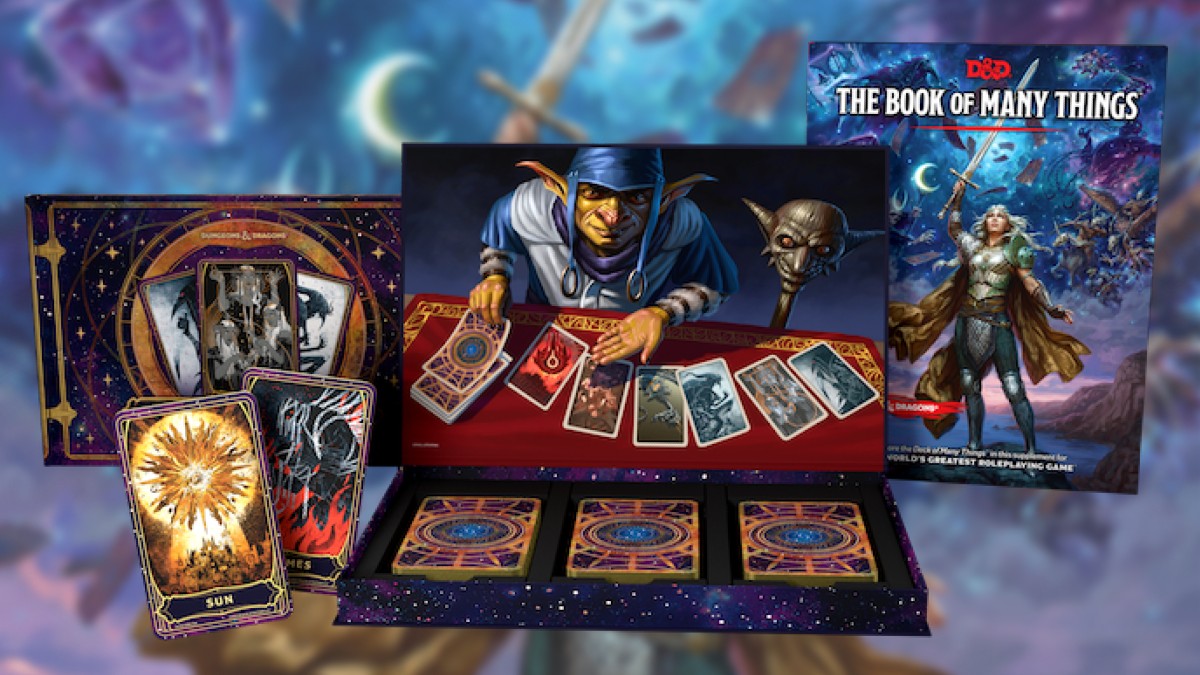
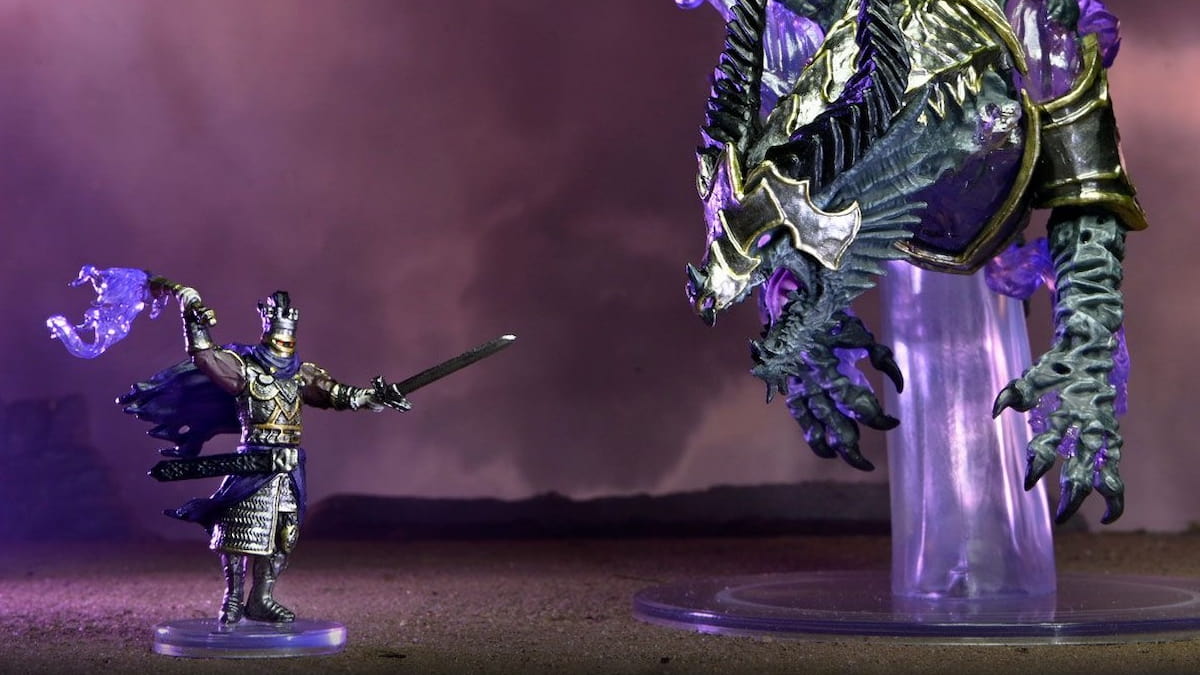
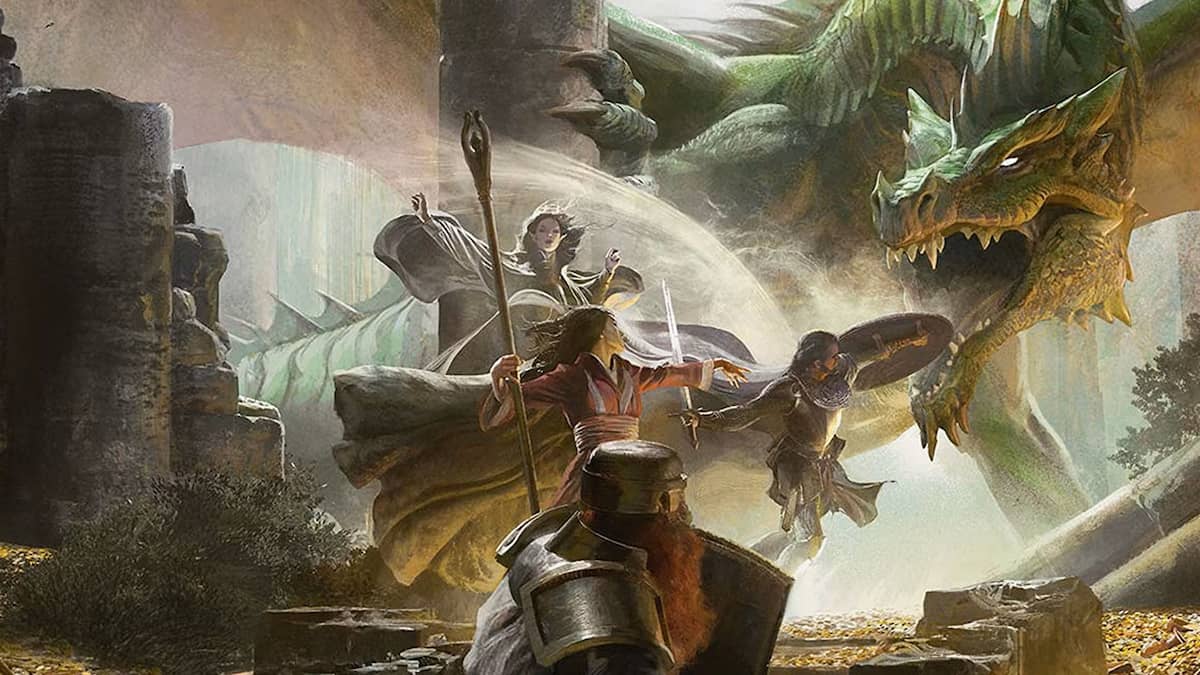
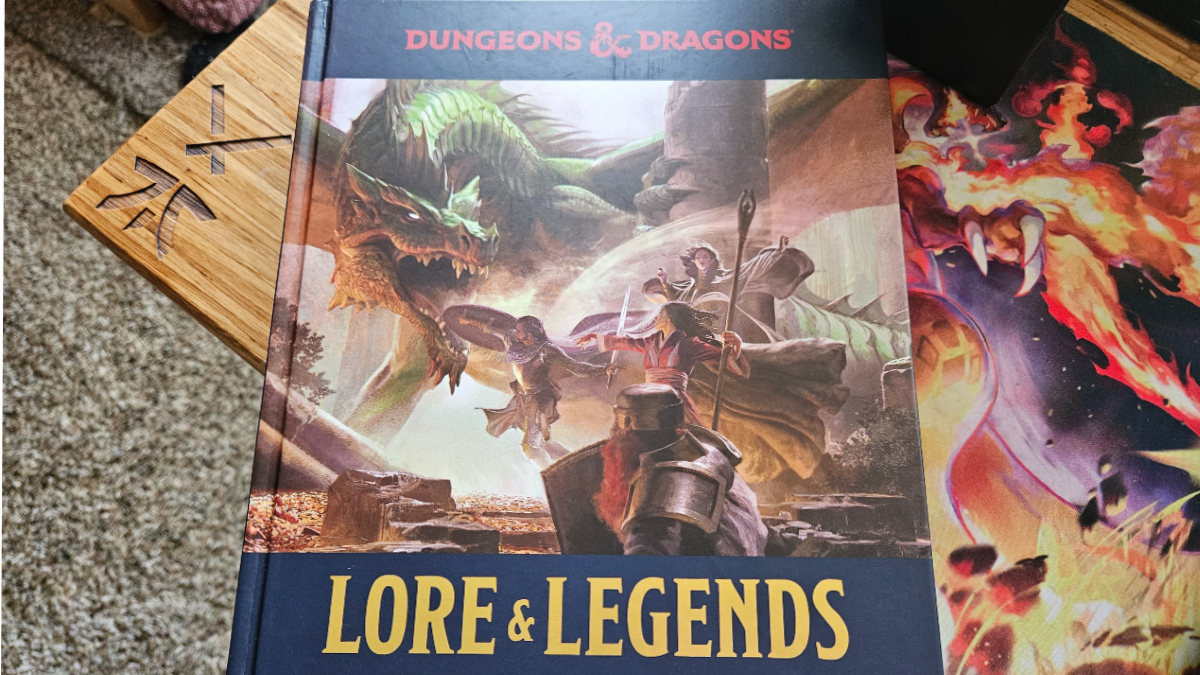
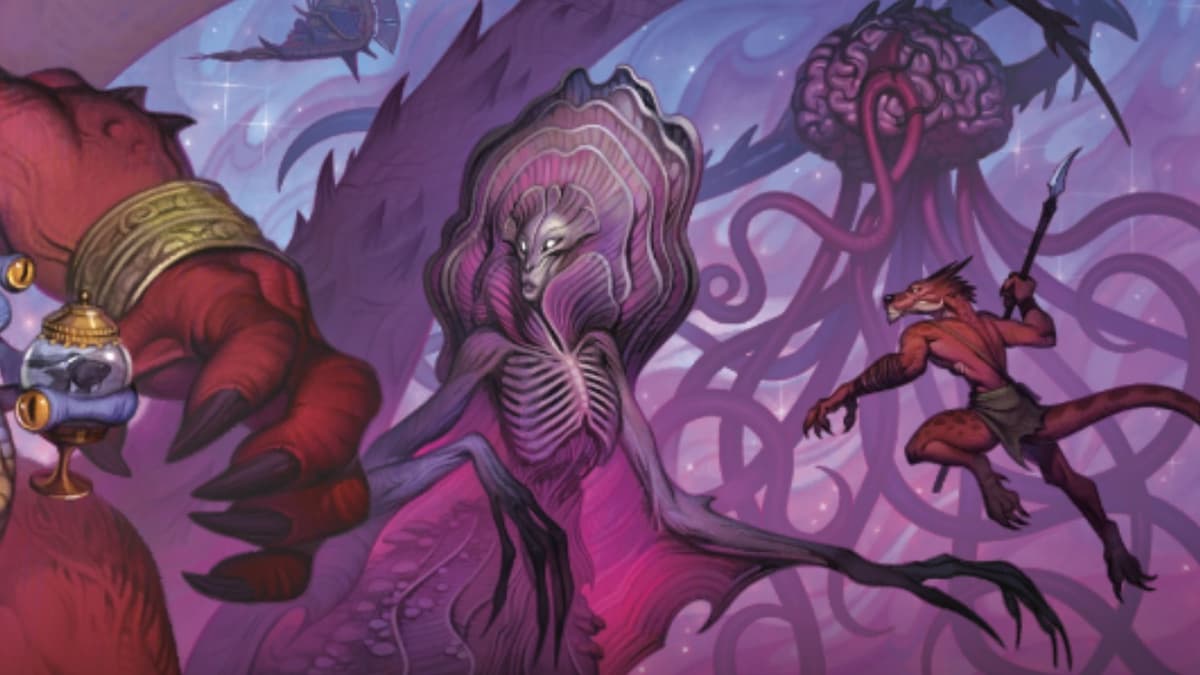
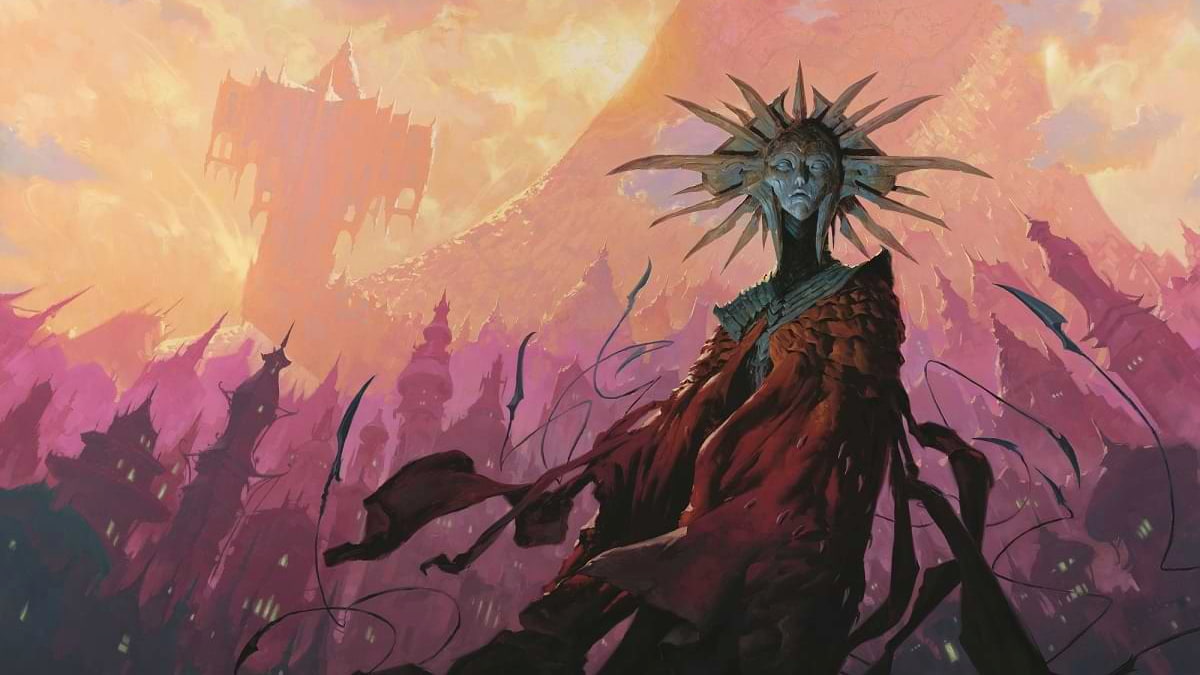
Published: Sep 26, 2023 04:32 pm